Marine ecosystems are unique environments characterized by their potential to contribute to environmental and human health and to the sustainable supply of food, energy and biomaterials. The main focus of our research team has been the upgrading of marine bio-resources, viewed either as the source or the target of biotechnology applications. Specifically, the implementation of European legislation on the disposal of discards will lead to considerable onboard and onshore availability of undervalued fish. In parallel with the valorisation of this raw material, the reduction of the environmental impact of this organic matter is also pursued.
Our main goals include:
Activities are oriented to impact the full and sustainable utilization of marine biological resources, contribute to renewing the offer of the seafood industry to consumers and concur to the prevention of diseases and guarantee healthy ageing for future generations.
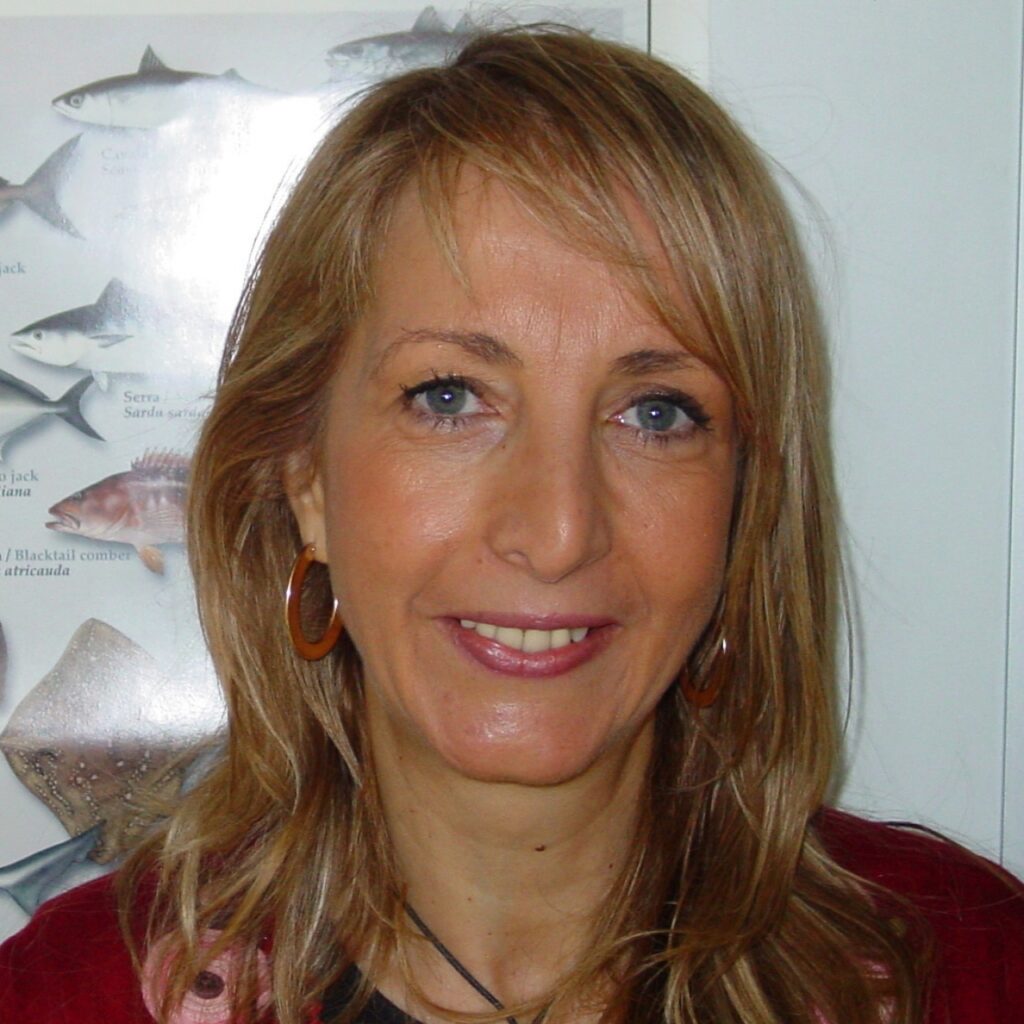

Narcisa Bandarra is researcher and Head of Aquaculture and Upgrading Division at Portuguese Institute of Sea and Atmosphere (IPMA). She received her degree in Applied Chemistry in 1989 and her PhD in 1999 in Biotechnology from IST-Technical University of Lisbon. Her research interests focus on Upgrading of marine organisms, more specifically the lipid fraction and consumer health benefits. She is author 137 scientific publications in international journals.
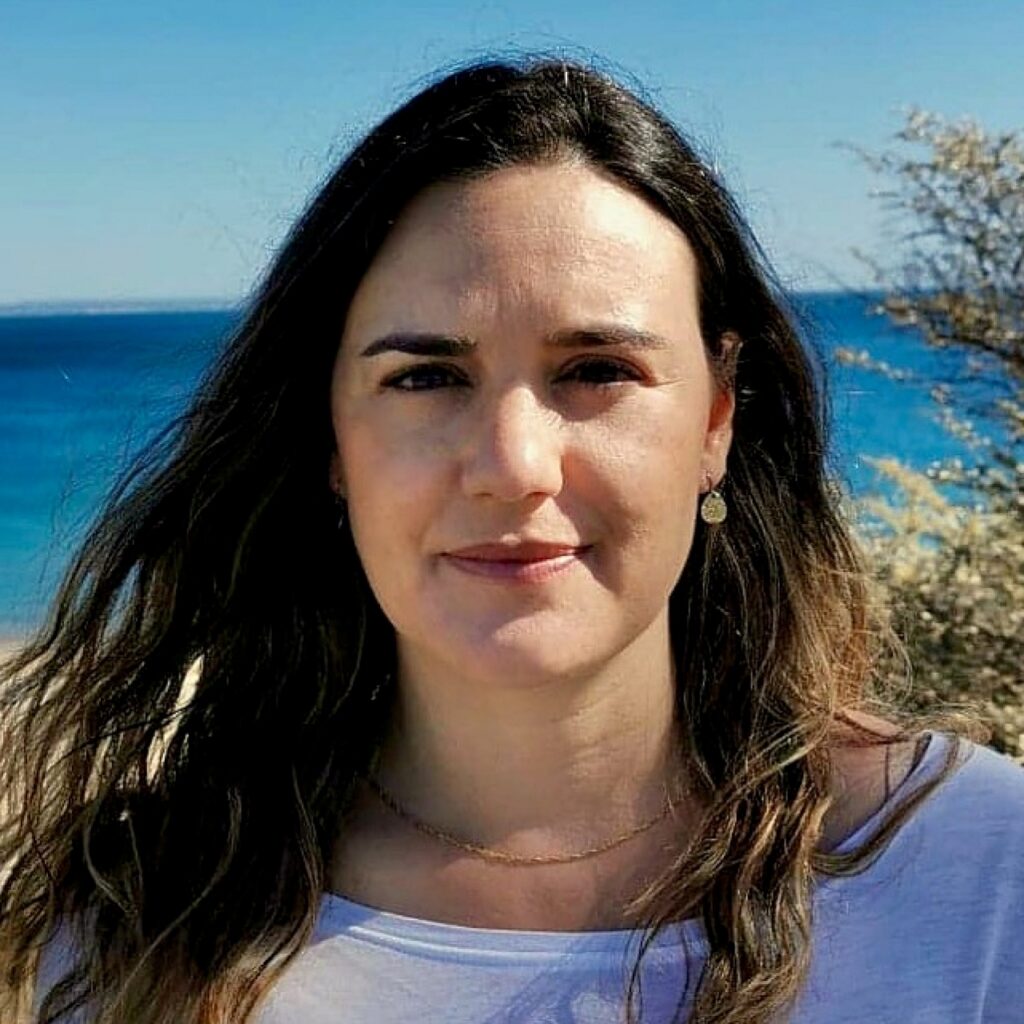

Ana Gomes-Bispo is graduated in Food Technology and Safety and has PhD in Agricultural Sciences (2017, University of Évora). Since 2017, she is a Researcher within the Emergent Biotechnologies and Seafood Processing Team (CIIMAR) and the Division of Aquaculture and Upgrading (DivAV) of IPMA, I.P. She has integrated national and international research projects like PROQUAL, ALGARED+, and NEWFOOD4THOUGHT. Her main scientific research interest concern with the development/implementation of analytical methodologies applied to the study of lipids and bioactives in marine resources, and the upgrading of undervalued marine resources, namely through the development of innovative and healthy products for human consumption.


Bárbara Teixeira is a post-doc researcher. She received her degree in Marine Biology and Fisheries in 2004, a post-graduation in Statistics applied to Biology in 2007, and a PhD in Chemistry in 2013. In the last 10 years, her research interests focused mainly on seafood processing and preservation. She is also investigating the use of additives (polyphosphates) in seafood. The work developed so far resulted in about 30 scientific publications in international journals.
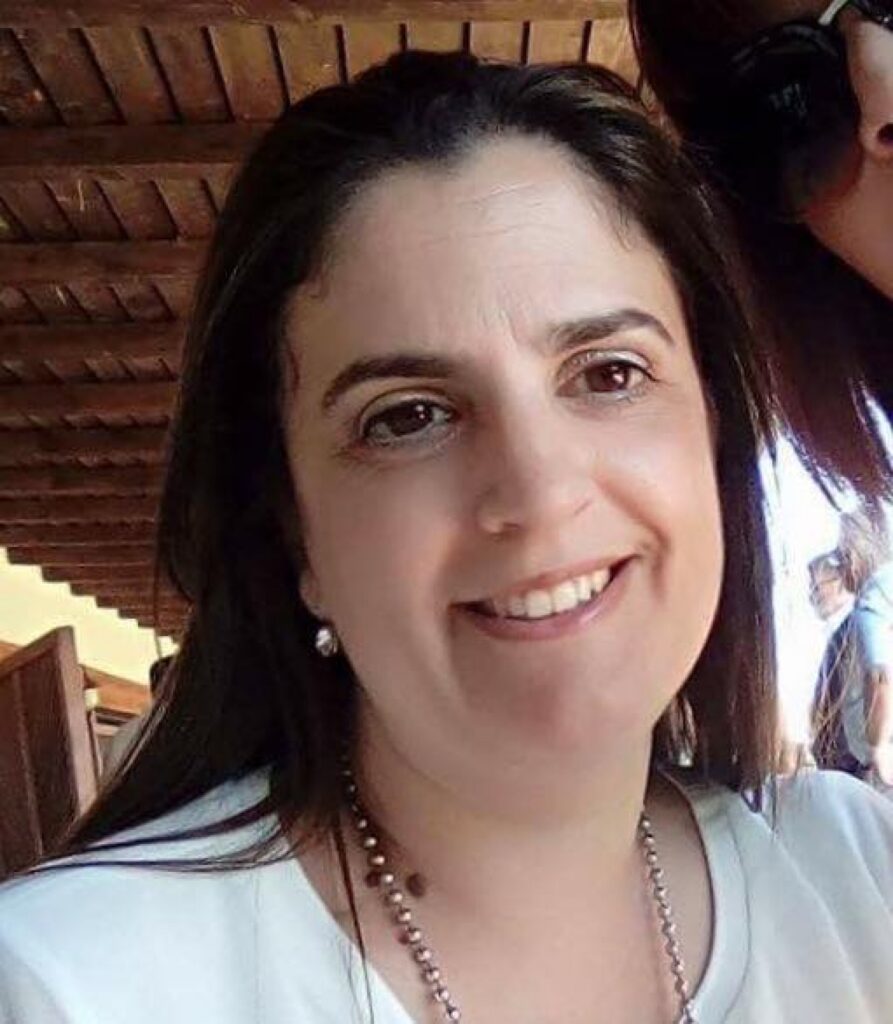

Carla Pires is a Researcher in the Biotechnology Laboratory of the Division of Aquaculture and Valorisation of Portuguese Institute of Sea and Atmosphere (IPMA). She received her degree in Chemistry Engineering in 1994 and her PhD equivalent in 2008 in Biochemistry, Molecular Biology and Genetics. Her main scientific area of research is on Upgrading of by‐products and underutilized species. She is also a member of the quality management system and of IPMA scientific council. She participated in several national and international projects and is author of 21 scientific publications in international journals.


Carlos Cardoso is researcher at IPMA and CIIMAR. He received his degree in Chemical Engineering (Biotechnology Branch) at Instituto Superior Técnico, Lisbon Technical University in 1998 and his PhD in Animal Science, Animal Product Technologies by the Institute of Biomedical Sciences Abel Salazar, University of Porto in 2011. His research interests cover various areas, from seafood technology and algal biochemistry to nutrition and health risk-benefit assessment. He is associate editor of the Journal of Food Composition and Analysis. He is also author of more than 90 scientific publications in indexed peer-reviewed international journals.
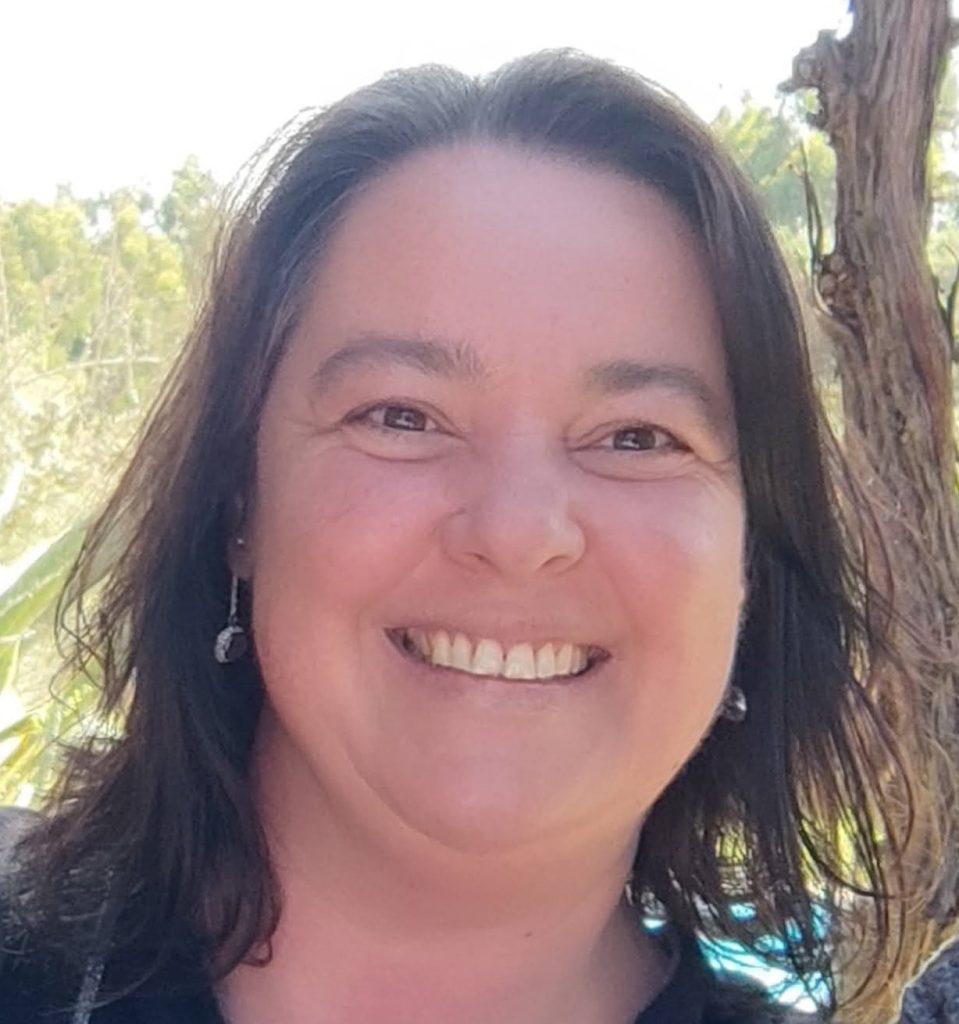

PhD in Pharmacy, MSc in Pharmaceutical Sciences, specializing in Quality Control and Food Toxicology (Faculty of Pharmacy/University of Lisbon) and BSc in Marine Biology and Fisheries (University of Algarve).
Researcher at Portuguese Institute for the Sea and Atmosphere-IPMA, I.P. Scientific research area focuses on quality and safety, where she carries out research activities aimed to upgrading and qualifying fisheries and aquaculture products. Specifically, her work has focused on risk-benefit assessment, bioaccessibility of nutrients and contaminants, nutrition, toxicology and bioprospecting. Published more than 75 peer-reviewed articles and 5 book chapters. Participated R&D projects and supervises MSc/PhD students.


Researcher at IPMA (Portuguese Institute for Sea and Atmosphere) in the Microbiology Laboratory of the Division Aquaculture and Valorisation). Presently National Coordinator of National Group for Monitoring Mollusc Bivalves, head of the Molecular Biology Lab, co-responsible for the Microbiology Lab. (National reference lab for bivalves monitoring). More than 30 years of experience in a broad range of subjects on the Fisheries sector on research, training, national and international project proposals, coordination and development. Member of IPMA quality management system and scientific council. Presently working on enteric virus and species identification by molecular biology. Several contributions for manuscripts peer-review and for training on microbiology.


Helena Lourenço is a Researcher at Division of Aquaculture, Upgrading and Bioprospection (DivAV) of Portuguese Institute for Sea and Atmosphere, I.P. (IPMA). She holds a degree in Technological Chemistry, a post-graduation in Applied Biochemistry and a PhD in Biochemistry. She is member of DivAV quality management system, according to ISO 17025 accreditation. Her main scientific research area is seafood quality related with essential elements and contaminant metals. The laboratory where she works is the National Reference Laboratory for contaminant metals (Group B3c) in aquaculture products. She participates regularly in the annual meetings of the European Reference Laboratory for metal and nitrogenous compounds in food and feed (EURL-MN). She has participated in > 20 National and International projects and is author of > 30 scientific publications in international journals.
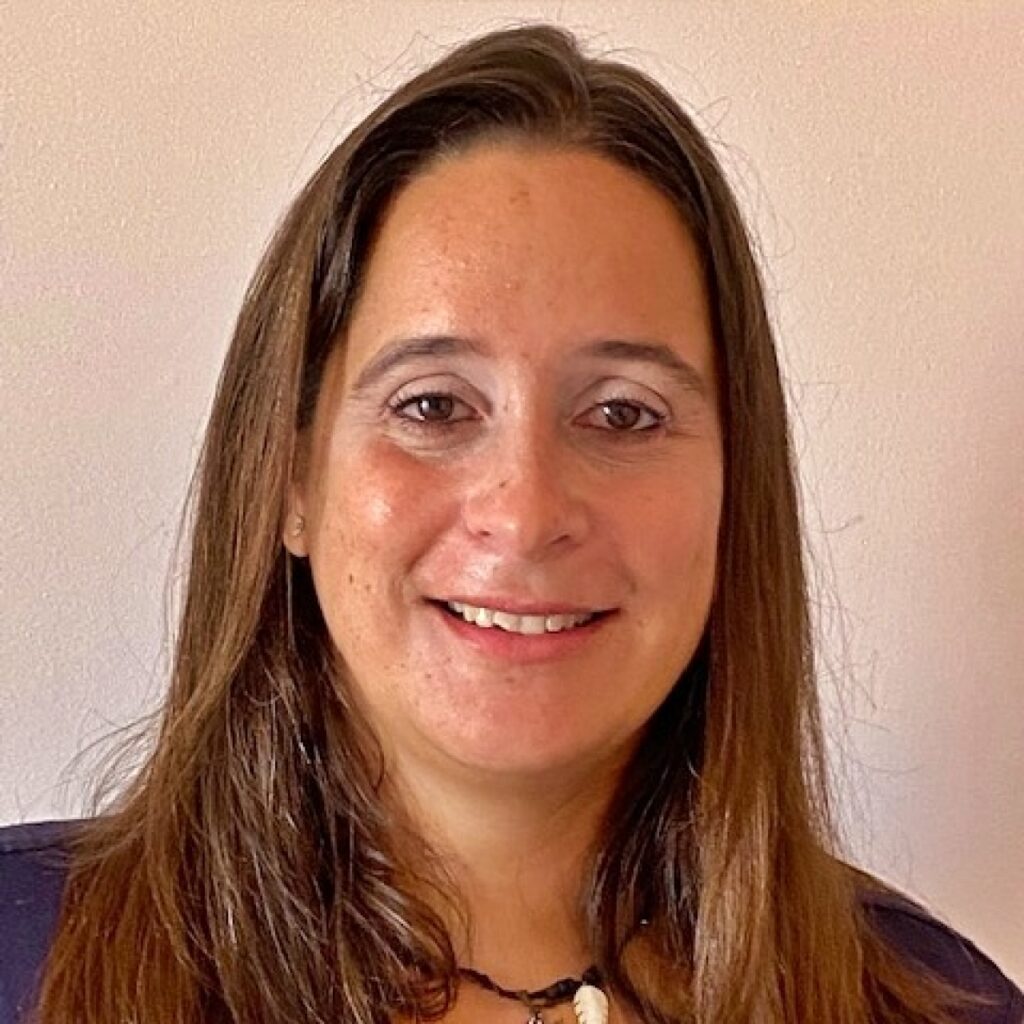

Margarida Saavedra is a fish nutritionist and researcher at the Portuguese Institute for the Sea and Atmophere. She has more than 20 years’ experience in fish reproduction and on-growing of species such as seabream, meagre, sole, white seabream, cod, and seahorses. Margarida is specialized in fish nutrition, feed formulation and designing general experimental trials with fish. She completed her PhD in fish larvae (Diplodus sargus) nutrition in 2008 and has an MSc in Aquaculture from Stirling University. Margarida Saavedra has 23 publications in international peer-reviewed journals (3 book chapters) and more than 30 oral and poster presentations in scientific meetings.
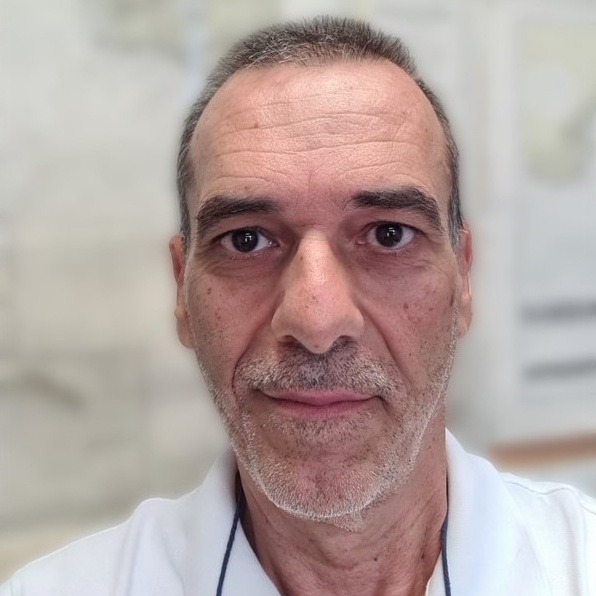

Rogério Mendes is a researcher at IPMA, I.P. and CIIMAR, qualified with aggregation/qualification for scientific coordination. He carries out activities in the areas of quality and safety of fishery and aquaculture products, valorization of natural extracts from marine sources focused on biotechnology of marine by-products. He has 43 years of scientific experience in the development of European and national research projects. He supervised and guided more than thirty undergraduate, master’s, doctoral and post-doctoral students and the dissemination of the scientific activity resulted in the publication of more than 100 scientific papers in referenced international journals and book chapters.
Afonso, C., Cardoso, C., Gomes-Bispo, A., Ferreira, I., Rego, A., Coelho, I., Motta, C., Prates, J.A.M., Castanheira, I., Bandarra, N.M.
2023Food Chemistry, 403, 134455Cardoso, C., Almeida, J., Coelho, I., Delgado, I., Gomes, R., Quintã, R., Bandarra, N.M., Afonso, C.
2023Food and Function, 10: 7333.Braga, A. C., Rodrigues, S. M., Lourenço, H. M., Costa, P. R., Pedro, S.
2023Toxins, 15, 91Teixeira, B., Vieira, H., Martins, S., Mendes, R.
2023Foods, 12, 1461Teixeira, B., Mendes, R.
2022Food Chemistry, 368: 130841Henriques, A., Vázquez, J., Valcarcel, J., Mendes, R., Bandarra, N.M., Pires, C.
2021Mar. Drugs, 19 (6), 338Afonso, C., Bernardo, I., Bandarra, N.M., Louro Martins, L., Cardoso, C.
2019International Journal of Food Sciences and Nutrition, 70:5, 623-637Website by: Glitz Design
© 2023 CIIMAR – All rights reserved.